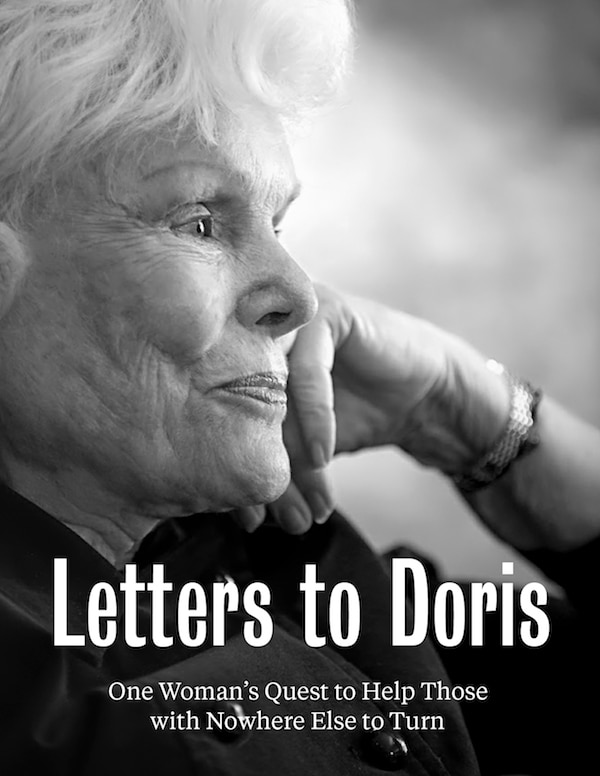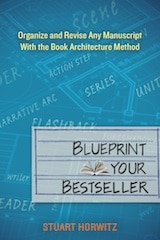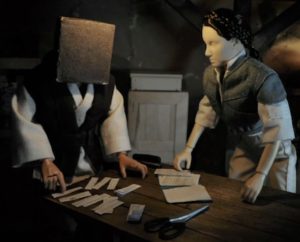This originally appeared as a guest post on Jane Friedman’s website.

When Franz Kafka handwrote a 45-page letter to his father, he may not have been conscious that it would end up as a literary document to be studied through the ages. When Bob Dylan wrote a not-very-nice 20-page letter to an ex-girlfriend—whom he had the courtesy never to name—he probably didn’t know that he would end up extracting from it the lyrics to “Like a Rolling Stone.” But what these examples, and many more throughout history, show is the power of letter writing to benefit a wide variety of projects, from memoir to creative nonfiction to fiction.
My forthcoming memoir started as a letter to my daughter when she went off to college. I chose someone with whom I could be honest and self-revealing; fortunately, we have that kind of relationship. Getting to intimacy with an imaginary reader is hard; if you write to someone you can talk to, on the other hand, you can more easily achieve a confessional and arresting tone. This is because there is no such a thing as “voice” in the abstract. There is the voice of a speaker, and there is the audience of a listener or listeners, but what carries the words from one to the other is the tone of voice. This tone is carried by everything from word choice to content that reflects a shared approach to life.
If you choose the right addressee, eventually, the general reader can become a stand-in. You will be able to remove the direct address yet retain the warmth of tone. The best writing makes this journey from being a personal exposé to a larger, cathartic vision of how we all can live. The author Susan Steele once put it to me this way about her memoir: “The first draft was the gory, adult, vengeful Susan; the second healed me; the third healed my family; and the fourth was the story others needed to read.” I saw that firsthand with my own process, even though I would describe the finished product a little differently: The fourth draft really felt like the draft I could live with select other people not loving.
Your specific addressee does not need to be someone you see eye-to-eye with. In both Kafka’s and Dylan’s examples above, they were writing to someone with whom they had a difficult legacy. Some very powerful personal writing can be addressed to once intimate connections with whom you have fallen out. Not to complicate matters too much, but you may find both audiences present at once: someone who you believe will understand what you are saying, and someone who you fear won’t (or will refuse to) understand.
Your addressee may never read your letter in either its pure or its refined form. Sometimes issues of libel come up, and sometimes there are other considerations, such as wanting to continue to have Thanksgiving with your family members. But getting into your material via the prompt of letter writing—with the understanding that you don’t need to send the letter as is—can help you dig deeper into the things you think you can’t say. Without the fear of being interrupted, you can really hear yourself think. True confessional moments bring up grief, anger, and shame—those emotions we prefer to keep to ourselves. That material is why readers turn to writers in the first place—because writers are people who are brave and put themselves out there to help others through their struggles to be conscious.
What you can’t say face-to-face, you can say in a letter, especially one you will continue to work with. How you shape the material after that is up to you, of course. You might turn it into fiction, using the same hallmarks of storytelling you can employ in a letter—finding the scenes that ground the discussion through sensual detail, action, and point of view. You might write a letter from the point of view of one character to another as an exercise that can help reveal the inner workings of the relationships in your novel. Novelists often know each of their characters deeply in a one-on-one relationship, but those characters may not always know each other as well. The drama of a closed fictional world is always enhanced when characters are more clearly aware of what they want from others and what information they are withholding.
Whether you use your letter as a starter to get you somewhere else or use it to help you heal a living relationship in real time, letter writing can be more than a prompt or an exercise. It can be a portal that projects you into the discovery of a world.



 As though coming out of a fog, I take a few bold steps toward the bookcase in my upstairs study and reach for
As though coming out of a fog, I take a few bold steps toward the bookcase in my upstairs study and reach for  Then comes the really hard part: Cut it up. I never want to do this step either and once wrote a friend: “I don’t want to print the book out and cut up the scenes. I don’t want to do it. I’m SURE it is the next step, because I have the glue-y feeling about the project. I work on a little bit here and a little bit there, but it is time to figure out the theme and the scenes and stop dealing with it as a big wad of dough. Telling you this will give me the courage to DO IT!”
Then comes the really hard part: Cut it up. I never want to do this step either and once wrote a friend: “I don’t want to print the book out and cut up the scenes. I don’t want to do it. I’m SURE it is the next step, because I have the glue-y feeling about the project. I work on a little bit here and a little bit there, but it is time to figure out the theme and the scenes and stop dealing with it as a big wad of dough. Telling you this will give me the courage to DO IT!”